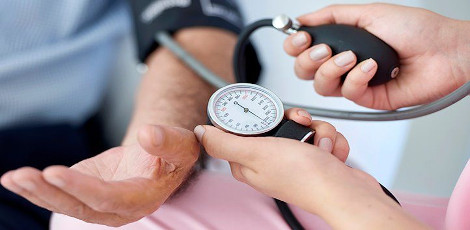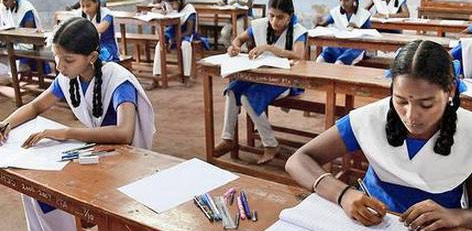Young people must compulsorily know these symptoms of colo-rectal cancer!!
Posted on: 12/Mar/2022 9:50:07 AM

Our lifestyle has become mostly sedentary now due to the Coronavirus pandemic. In this scenario, many youngsters are getting affected with colo-rectal cancer. Also called bowel cancer or colon cancer or rectal cancer, colo-rectal cancer could develop from colon or rectum.
It is important to mention here that the youngsters must have regular checking of their colo-rectal health. Integral part of alimentary canal, both colon and rectum play a huge role in excretion. Colon forms the connecting link between anus and the small intestine is known. Right after the colon, rectum begins and it has the last few inches of the large intestine.
Various symptoms of the colo-rectal cancer in youngsters are
Sudden weight loss:
Sometimes, a person might lose his or her weight suddenly. This is dangerous and it must be considered seriously and it might be due to colo-rectal cancer also.
Bowel movement changes:
In youngsters, colo-rectal cancer is detected only in the end stage. The person must notice changes in the frequency, shape and amount of stools. The youngsters with changes in their bowel movement must not hesitate to get themselves tested.
Abdominal cramps:
There are many reasons for the abdominal cramps in a person and these are IBS, food allergies, food poisoning etc. In some youngsters, abdominal cramps might occur suddenly and this is not normal.
Persistent diarrhoea or constipation:
When a person eats unhygienic or too much of food then the person would get diarrhoea or constipation that are digestive disorders. Youngsters getting these digestive disorders frequently should not take their health lightly.
Bleeding in stools:
It must be noted that when a person notices dark or bright red coloured stools then the person might have colo-rectal cancer also. The person is recommended to get a colonoscopy.
Treatment for colo-rectal cancer:
Point is that treatment for colo-rectal cancers would be based on factors like size and location of tumours, whether cancer is recurrent or overall health.
Surgical method:
If the colo-rectal cancer is limited to the colon, then the surgery is the primary treatment. Cancerous tissue would be removed and by this spreading would be avoided. Surgery would be useful in the early stages of colo-rectal cancer.
Chemotherapy:
There are certain drugs that would help in treating colo-rectal cancers and they act by destroying cancerous cells throughout the body.
Targeted therapy:
It involves taking drugs that target specific proteins to slow down or prevent the growth. Here, adverse effects are less severe than that of chemotherapy.







